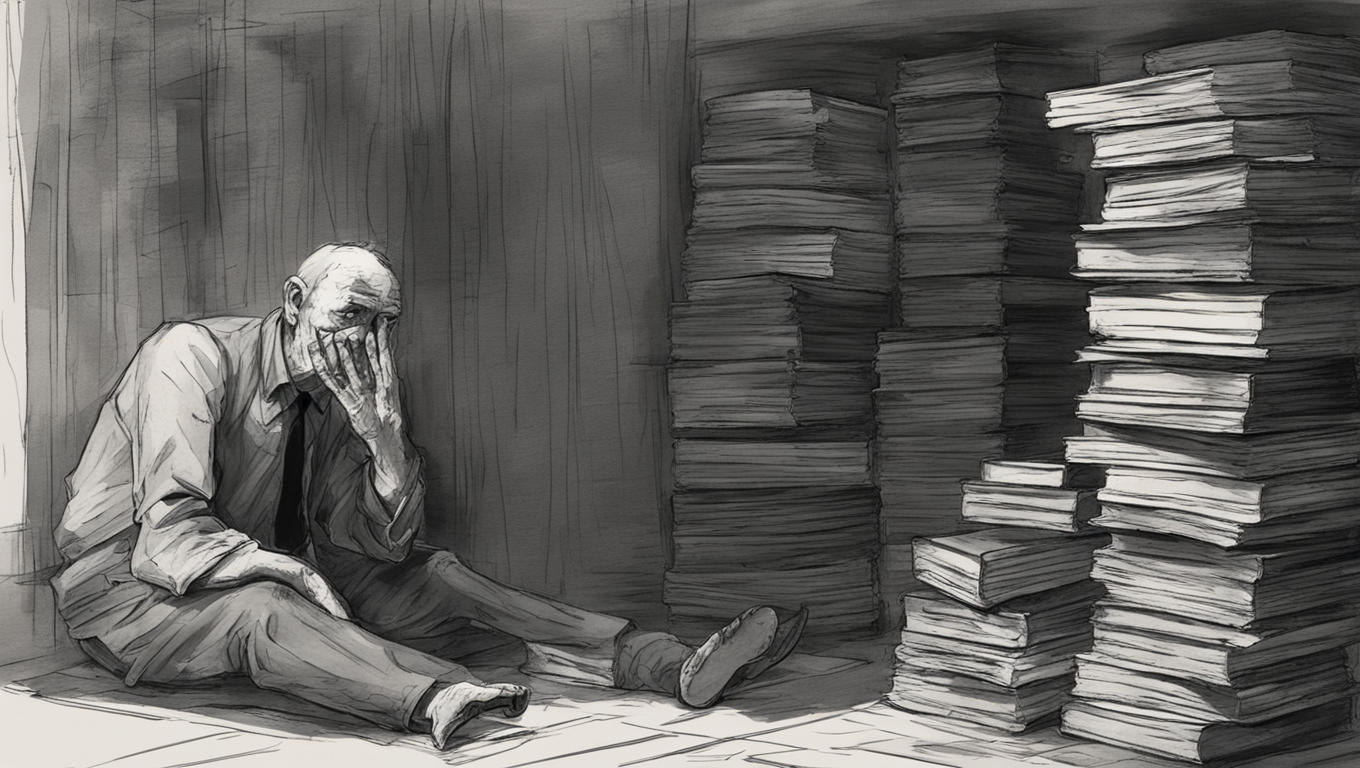The rise of artificial intelligence (AI) has undoubtedly brought numerous advancements and benefits to our society. However, a recent report published by UNESCO raises a disturbing concern that AI could potentially fuel a resurgence in Holocaust denial. The report explains that AI programs may either unintentionally create false and misleading information about the Holocaust due to flaws in their programming, or they may be intentionally manipulated by hate groups and Holocaust deniers to generate content that questions the reality of the mass murder committed by the Nazis.
One of the most alarming possibilities highlighted in the report is the use of AI to create deepfakes of the Holocaust. Deepfakes are realistic images or videos that are manipulated to portray false narratives. In this case, they could be used to suggest that the Holocaust never happened or was exaggerated. Such deepfakes have the potential to perpetuate antisemitism, distorted historical narratives, and a lack of understanding of the atrocities that occurred during one of the most pivotal moments in the 20th century.
The report stresses the importance of preserving the accurate understanding of the Holocaust and the consequences it had on millions of lives. Audrey Azoulay, Director-General of UNESCO, warns that allowing the use of AI to dilute or falsify the horrific facts of the Holocaust could lead to the rapid spread of antisemitism and a gradual erosion of our understanding of this tragic event.
Moreover, education and research are paramount in combating misinformation and promoting historical accuracy. The use of AI in these fields is becoming increasingly prevalent, which raises concerns about the reliability of data and the potential for AI-generated “hallucinations.” With AI programs relying on relatively narrow sources of information, there is a risk that incomplete or misleading responses may be given when asked about the Holocaust, even unintentionally.
The UNESCO report calls on tech companies to take responsibility by establishing ethical guidelines for the development and use of AI. These guidelines would help reduce the dissemination of unreliable information and prevent malicious actors from exploiting AI programs to incite violence and spread lies about the Holocaust. It is crucial for the tech industry to actively work towards addressing these concerns and ensuring that the potential misuse of AI does not contribute to the distortion of historical events.
In partnership with the World Jewish Congress, UNESCO aims to raise awareness about the issue and encourage dialogue between technology companies, governments, and civil society. By working together to establish ethical rules and promoting historical accuracy, we can mitigate the risks associated with the misuse of AI and preserve the knowledge and lessons of the Holocaust for future generations.
As we delve further into the age of AI, it is essential to remain vigilant and critically evaluate the impact and implications of technological advancements. The potential for AI to contribute to the spread of misinformation is a stark reminder of the responsibility we have as a society to ensure that we use these tools ethically and in a way that upholds truth and understanding.





Use the share button below if you liked it.